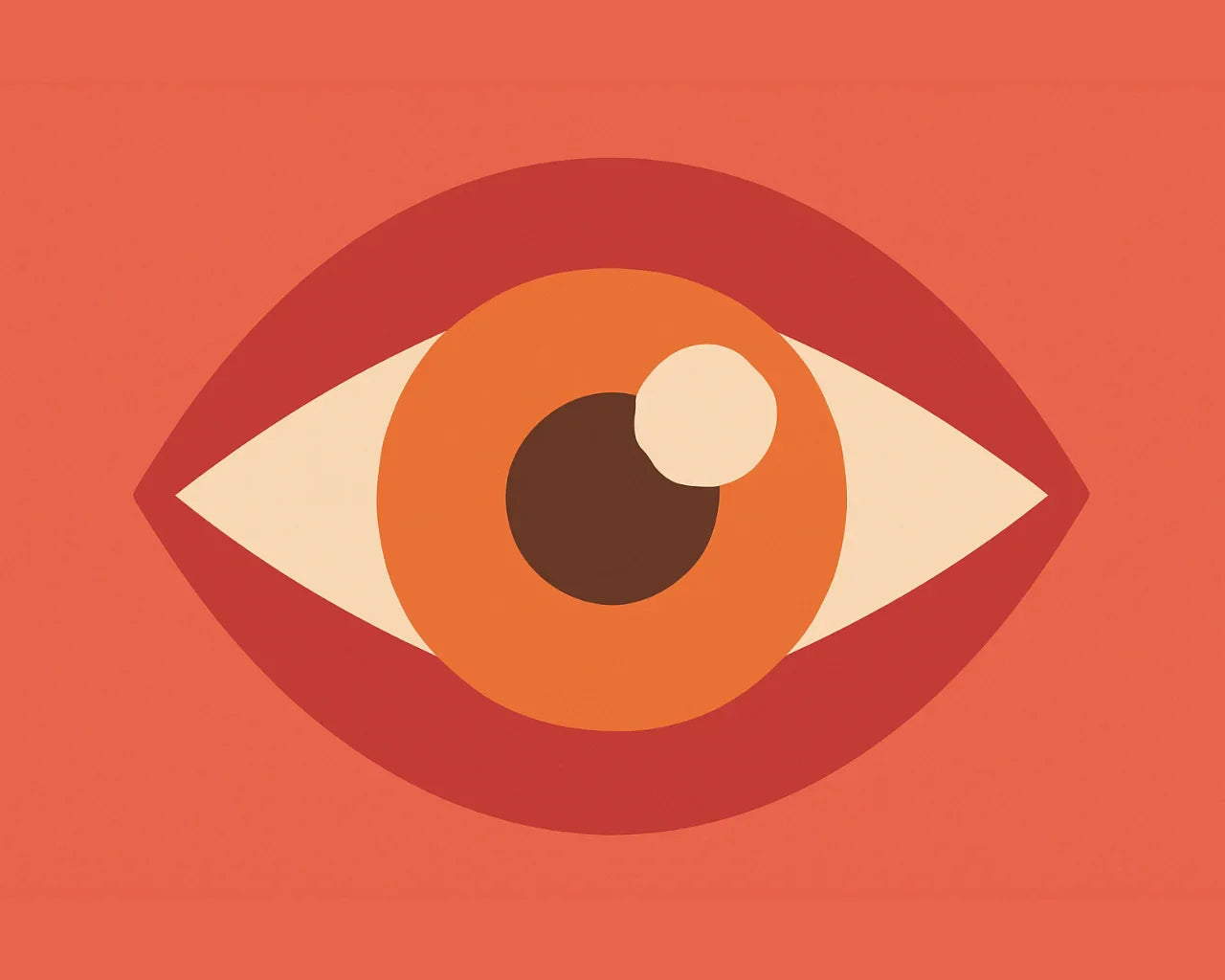Macular Degeneration

Macular degeneration, also known as age-related macular degeneration (AMD), is a chronic eye condition that affects millions of individuals worldwide. As the leading cause of vision loss and blindness among older adults, it poses significant challenges to the quality of life for those affected.
Types of Macular Degeneration
Macular degeneration manifests in two primary forms: dry (non-neovascular) and wet (neovascular). Dry macular degeneration accounts for approximately 90% of cases and involves ages changes and scarring in the macula over time. Wet macular degeneration, less common but more severe, is characterized by the growth of abnormal blood vessels beneath the retina, leading to rapid and significant vision loss.
What are the Risk Factors for Macular Degeneration?
Several factors contribute to the development of macular degeneration, including:
- Age: The risk increases with advancing age, particularly in individuals over 50.
- Genetics: Family history of macular degeneration raises the risk.
- Smoking: Smoking significantly increases the likelihood of developing AMD.
- Race: Caucasians are more susceptible to AMD due to less pigment in the macula.
Signs and Symptoms
Early detection of macular degeneration is crucial for prompt intervention. There may be little to no symptoms at the early onset of macular degeneration. The following symptoms may indicate the presence of the condition:
- Blurred or distorted central vision.
- Onset of “smudges” in your vision.
- Difficulty with fine print or missing letters or words
- Dark or empty areas in the central vision.
- Decreased intensity or brightness of colors.
Diagnosis
A timely and accurate diagnosis is essential for effective management of macular degeneration. Diagnosis typically involves:
- Retinal Imaging: At your annual eye exam, your Optometrist should perform high resolution digital retinal imaging each year. This allows your doctor to examine the health of the maculae and compare on a year-to-year basis.
- Optical Coherence Tomography (OCT): This imaging technique provides detailed cross-sectional images of the retina. While OCT aids in the identification of AMD-related changes, it is more crucial in the monitoring of progression.
Treatment and Management of Macular Degeneration
While there is no known cure for macular degeneration, various treatment options and lifestyle modifications can help slow its progression and manage symptoms.
Treatment for Dry AMD:
The best approach to AMD is preventing or delaying the onset of signs and symptoms of Macular Degeneration.
- Stop Smoking: Smoking is the number one risk factor to macular degeneration. Not smoking will significantly improve ones chances of preventing AMD.
- Diet: A healthy balanced diet of anti-oxidants and green leafy vegetables are shown to improve macular health.
- Vitamins: Certain vitamins and minerals, such as vitamins C and E, zinc, copper, and antioxidants like lutein and zeaxanthin, have been proven in studies to delay the progression of macular degeneration.
Treatment for Wet AMD:
- Anti-VEGF Therapy: Injections of medications like ranibizumab, aflibercept, or bevacizumab help reduce abnormal blood vessel growth and leakage.
- Laser Therapy: Some cases may benefit from laser treatment to destroy abnormal blood vessels.
Macular Degeneration Research:
Continued research efforts aim to deepen our understanding of age related macular degeneration, develop more effective treatments, and enhance diagnostic techniques. Promising areas of investigation include gene therapies, stem cell-based therapies, and advanced retinal imaging technologies, all of which hold the potential to revolutionize the treatment and prevention of AMD.


